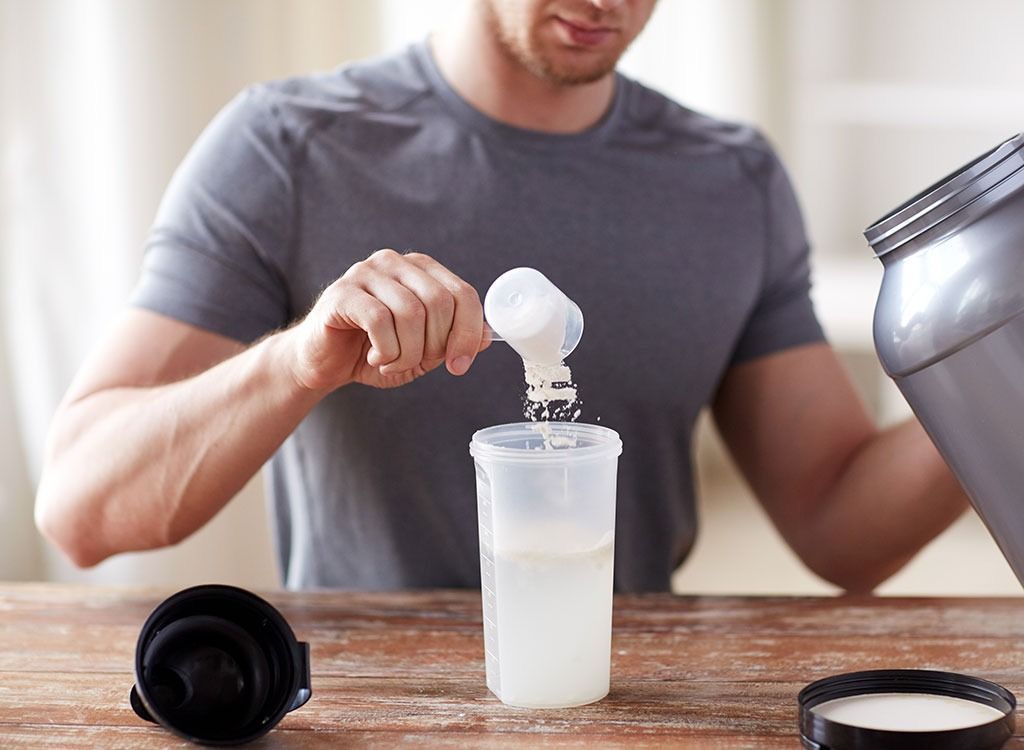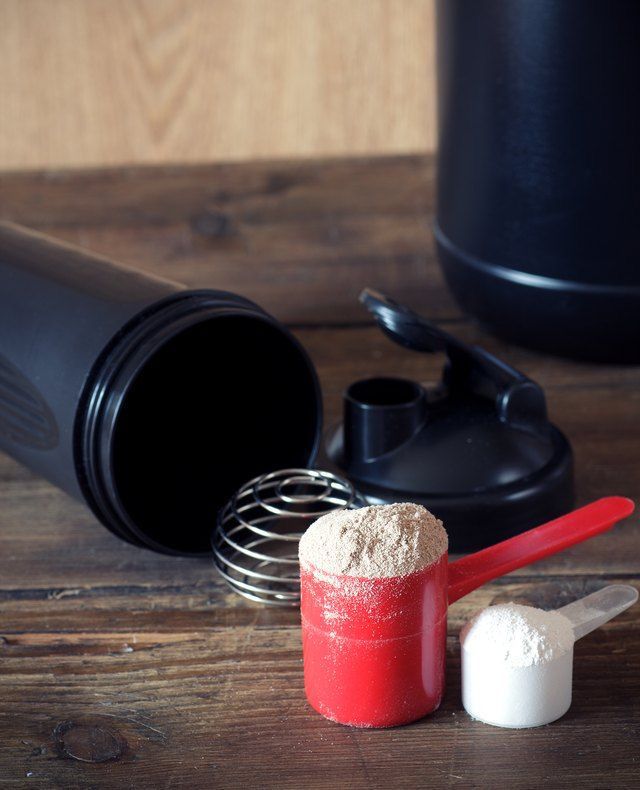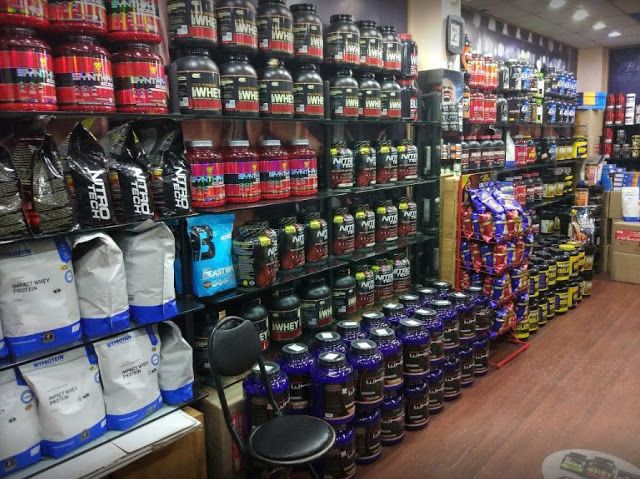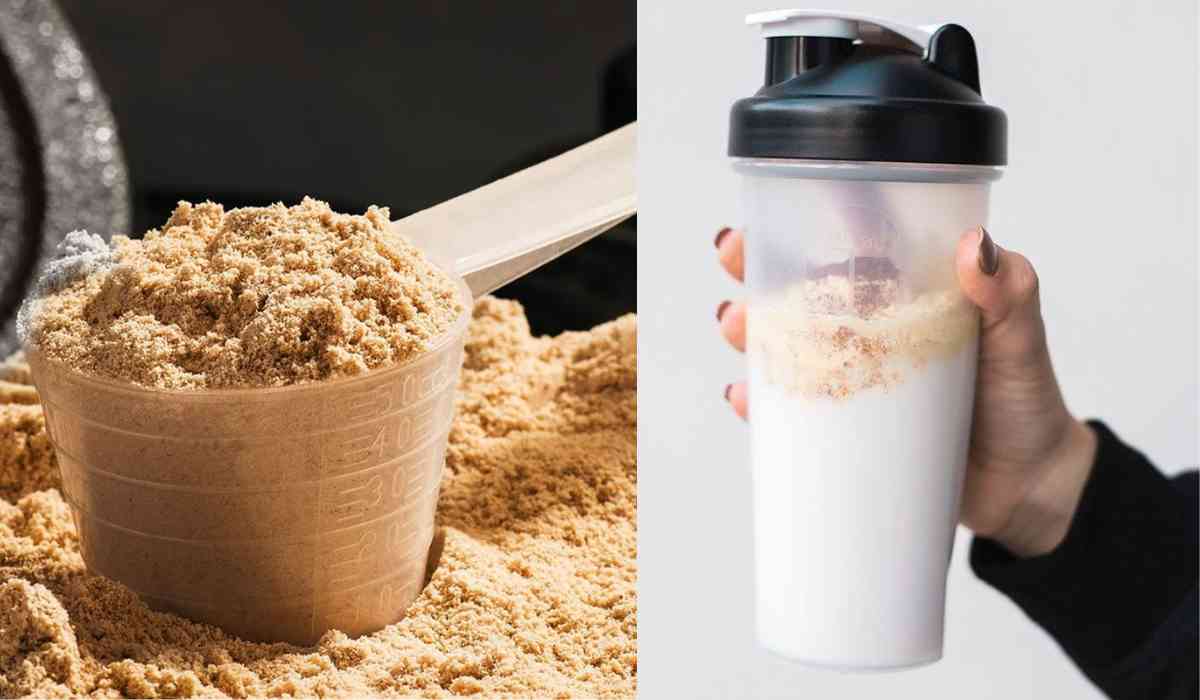Do you work out? Do you consume Protein Powders or any supplements? Protein supplements are usually favoured by athletes and fitness enthusiasts to boost muscle growth and aid recovery. They provide essential amino acids crucial for strength and endurance. But not all! Here’s a concerning revelation on your Protein Powders.
A new study published in a respected journal called Medicine looked at 36 popular protein powders in India to see if they were as good as they claimed. But it was revealed otherwise, they found that most of these protein powders didn't meet quality standards, didn't list their ingredients accurately aka Mislabeling, and then didn't do what they claimed or promised they would - a major red flag.

What does the study reveal: An Overview
A study by researchers from Rajagiri Hospital in Kerala and a US-based technology entrepreneur found significant issues with the quality, labeling, and adherence to claims among 36 protein powders, including those with herbal and dietary supplements. The brands include, Amway, Nestle, Abbott, Danon India, Britih Biologicals and BigMuscles Nutritions.
Key Findings:
- The protein powders they looked at came in different types: some were blends of different proteins, some were made purely from plants, and others were purely from whey, a type of protein.
- Some blends also had herbal extracts added. Of the 14 blends, seven had herbal extracts, and the others had a mix of proteins like pea, soy, egg, milk (whole, whey, or casein), and peanuts. Four products were made only from plants.
- More than 70% of the 36 supplements tested had wrong details about their protein, with some brands having only half of what they claimed, with the actual amount per 100g being lower than advertised.
- Two products from the same company had significantly lower protein content, one by 62% and the other by 50.4%, compared to what was claimed. Additionally, a commonly recommended protein had about 30% less protein than advertised.
- 14 % of the samples had harmful fungal aflatoxins, with aflatoxin levels exceeding 10 μg/kg in some samples.
- 8% had pesticide residue, which could pose health dangers.
- Out of the 36 powders, 20 were made in India, and the rest were made by big companies from other countries.
- The study revealed that nine products had less than 40% of the protein they claimed to have, while the others had over 60%.
- Some protein brands had more protein than stated, which could indicate good quality sources used in production. However, it could also suggest "protein or amino spiking," where cheaper protein components are added to falsely show higher protein content.
- Out of the 36 brands looked at, 20 were made in India, and the rest were from big companies from other countries. This shows why there should be clear rules for all protein supplements, no matter where they're from.
Impact on Health?

As per the authors of the analysis-
- Many Indian-made herbal protein supplements are of poor quality and may contain liver-toxic botanicals.
- Herbal and dietary supplements, including protein-based ones, can cause liver injury, with the lack of proactive and prospective analysis, despite being widely used.
- Contaminated protein powders containing heavy metals like lead, cadmium, and mercury can pose serious health risks.
- Continuous consumption of contaminated supplements may lead to organ damage, particularly to the kidneys and liver causing chronic kidney disease and chronic liver disease.
- Long-term exposure to heavy metals can harm the kidneys, making it hard for them to filter toxins. Also, the liver can get overworked from detoxifying, leading to chronic liver issues.
What needs to be done?

- The protein-based herbal and dietary supplement industry needs stricter regulation, scrutiny, and safety studies before products are marketed.
- Making rules stricter and watching over the herbal and dietary supplement industry in India more closely to keep products safe and labels accurate.
- Companies should have strong checks to make sure their products are good quality, labeled right, and meet safety standards.
- People buying protein supplements should be careful and do research. Stick to trusted brands with clear info on how they make their products and any certifications they have
- Companies and regulators need to work together to fix problems and make sure protein supplements sold are safe and reliable.
Conclusion
In India, where the market for protein-based products is huge, valued at ₹33,028.5 crores in 2023 according to the IMARC Group, these discoveries have raised serious concerns about the quality and safety of widely available protein powders. Prioritising consumer health and safety is crucial, thus, collective efforts are required to improve product quality, transparency, and regulatory compliance in the industry, empowering consumers to make informed choices for healthier lifestyles.
©️ Copyright 2024. All Rights Reserved Powered by Vygr Media.



















